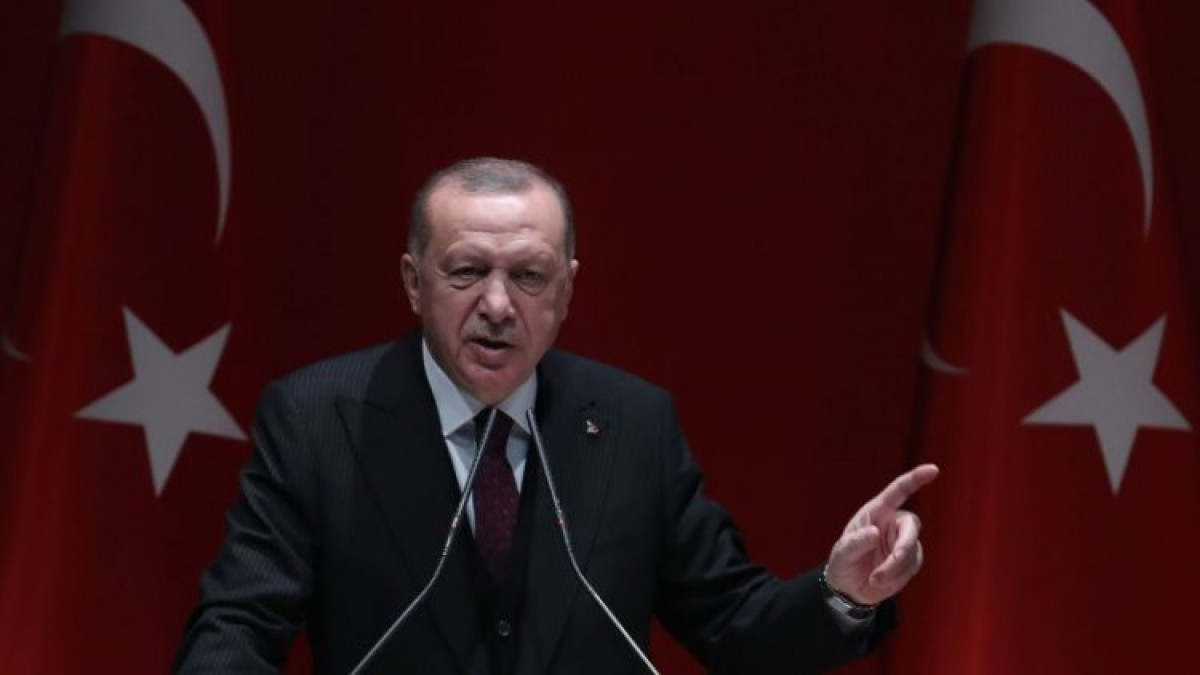 83
83
Southwest Asia is both a source and a cause of our civilizations, and it is worth noting that the countries in this region lack a historical structural framework as a nation-state because they were created on the whims of colonial powers like Britain and France. As a result, from their very inception, most Southwest Asian states have been embroiled in a condition of continual foreign threat and domestic instability.
Water scarcity is one of the most severe problems that this region’s governments have faced. For the past three decades, the volatile Middle-East region has suffered from water shortage and never-ending waves of drought. Turkey has sufficient water resources than downstream nations such as Syria and Iraq due to its geographical location, where the country’s eastern highlands are known to have vast water resources that feed both the Tigris and Euphrates rivers.
Furthermore, because Turkey is the primary water source for the countries downstream, namely Iraq and Syria, these countries have been affected severely by Ankara’s bellicose water policies. As a result, water has become an instrument for Ankara’s long-term strategic goal concerning Syria and Iraq.
Because of the construction of the Atatürk Dam on the Euphrates River and the Ilsu Dam projects on the Tigris River, Turkey currently has an ultimate say and ability to manipulate the flow of water to these two Arab states. The Southeastern Anatolia Project is one of the world’s most outstanding river basin development initiatives.
The project includes 13 irrigation and hydropower projects along the Tigris and Euphrates rivers, with 22 dams and 19 hydroelectric power units. Turkey constructed 15 dams in southern Anatolia, where the tributaries of the Iraqi and Syrian rivers flow.
Turkish authorities, according to Syrian Dam Administration sources, are reducing the amount of water into the Euphrates River; as a result, from the beginning of October 2020, the average amount of water entering the river has been less than a fifth of the total amount stipulated in the agreement signed between the Syria and Turkey. Indeed, if the current scenario continues, more than three million people’s food security would be jeopardized due to decreasing water flow.
Besides, the low water level of the Euphrates River may result in a drinking water crisis, endangering the lives of millions of Syrians, particularly in the towns of Ain al-Arab, Hama Manbij, Raqqa, Deir Ezzor, Aleppo, and countless villages locating along the Euphrates.
Turkey has exploited the Euphrates River before to exert pressure on the Syrian government; for example, in the summer of 2020, Turkey blocked down the flow of water from the Euphrates River, denying hundreds of civilians in dozens of cities in northern Syria access to water needed for agriculture and electricity generation. Furthermore, the Euphrates Dam, known for being the world’s biggest dam, is experiencing water scarcity. In March 2020, Human Rights Watch asked Turkey to cease cutting off water and using it as a weapon.
According to the organization, water shortages will limit humanitarian groups’ capacity to assist people who are in danger from the Coronavirus pandemic.
Comment
Post a comment for this article